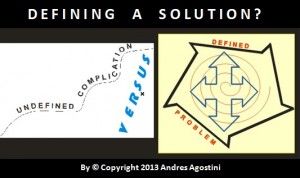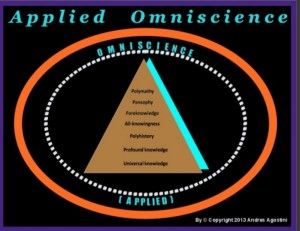Dec 18, 2013
The Age of Surprise: Predicting The Future Of Technology
Posted by Seb in categories: futurism, human trajectories, singularity
It’s that time of the year again. You know, that time of year when technologists, pundits and bloggers get into the festive spirit and share technology predictions for the coming year. Being partially curious and possibly not wanting to be left out of the fun, I thought I’d throw my hat into the ring with my own set of prognoses. In terms of timeframe, whether it’s 2014 or 2050 is another story. Alas, this is a story about intersecting trends, asking the simple yet infinitely complex question of where is technology taking us?
The famous computer scientist Alan Kay can best sum up my opinion on technology predictions in his famous 1971 quote; “Don’t worry about what anybody else is going to do… The best way to predict the future is to invent it. Really smart people with reasonable funding can do just about anything that doesn’t violate too many of Newton’s Laws!”


















